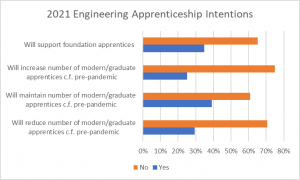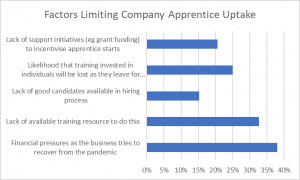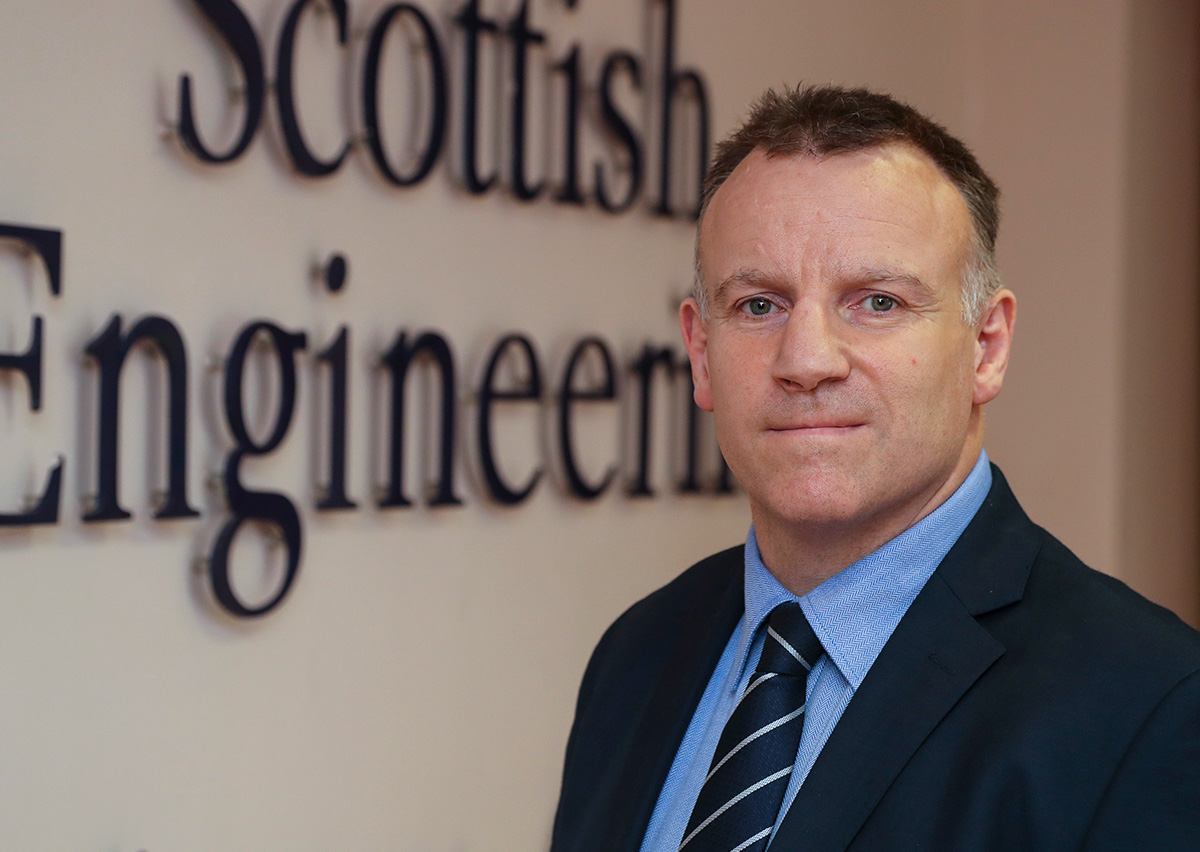
Chief Exec’s report Q3 2021
Read the full Q3 2021 Quarterly Review
4 minute read
Welcome all to our first review of our engineering manufacturing sector since most lockdown measures have been lifted, and we all make a welcome if tentative step towards something more akin to normal.
This quarter’s review is an appreciated continuation of improvement for our sector’s outlook, and it feels like we can now release some optimism given that we are on an upward curve for the second quarter in a row. The forecasts that we viewed three months ago with caution have held up well, and the outlook for the next quarter looks to hold that gain, and whilst it’s not yet positive for all, improvement seems to be on its way across the board.
Challenges remain, and front and centre for these are material pricing, availability, and the logistics capacity to get components and raw materials in, and especially billable finished goods out. Skills availability issues return surprising quickly, and a lack of easily available skills from EU countries are cited as a contributor to that deficit. We asked companies in this review to outline their intentions this year for apprentices, recognising that they are such a key part of our future skills and resource, and knowing that in 2020 apprentice starts were significantly below the level required to maintain status quo in skills. The feedback from companies underlines that the impact of Covid remains with us, as despite the buoyant outlook in orders, companies reviewing their financial strength are reticent to invest in long term skills at this time, an understandable position even if its longer-term impact causes concern. Companies have told us that financial pressures are the most significant reason for limiting intake, followed by a lack of available training resource to deliver a quality learning environment. Good candidate availability, potential loss of trained staff after years of investment, and a lack of financial support initiatives are also cited for holding back increasing numbers. We need to find solutions to these obstacles quickly, as every year that sees an intake below that required to just stand still is a future headache for our sector.


Looking ahead, it looks like we will now welcome a physical event with actual people in attendance for the COP26 global summit on the climate emergency here in Scotland. Something that has felt very vague is firming up fast and evidence can be found if you try to book a hotel in Glasgow for the first half of November. Scottish Engineering hope to be a small part of COP26 having been informed that it remains a possibility we will have stand in the Green Zone located in the Glasgow Science Centre, and this would be shared with our co-applicants Primary Engineer and the International Network for Women in Science and Engineering (INWES) – watch this space. The focus this year on the Climate Emergency has helped us secure excellent engagement from companies for our Net Zero Skills support programme, with companies ranging from those looking to refine and test the extensive work they have already done, through to those seeking a starting place and guidance to get going to protect their business and the planet at the same time. Our 1:1 support sessions with Eric Boinard leading the programme are open to all, please get in touch with the team if that is something you would find useful.
A final mention is for the Scottish Engineering Awards 2021, celebrating companies and individuals that have stood out in their innovation, resilience, and commitment in the last year. Less than a month ago we found out that we could have an awards dinner once again, and perhaps like most of us we paused to consider if we were ready for over three hundred people in a room at once. With the input from most member discussions being it’s time to get back out there, we have bit the bullet and within a week of this report’s release we will have a chance to reconnect with members and guests at the Hilton Hotel in Glasgow. For the awards we will acknowledge excellence in our successful companies and individuals, recognising that their achievement was made despite the impact of a global pandemic, making it all the more significant. A special mention though must be for our Young Engineer of the Year applicants, full to the brim with talent, impressive delivery, and personal growth. Hearing about their projects was engaging and fascinating, trying to separate them into overall winner and runner-up much more tough. But the silver lining is that even if these projects from applicants working in Scottish companies large and small is only representative of the best of our young engineers, then we genuinely have cause for optimism.
Paul Sheerin
Chief Executive
Scottish Engineering





